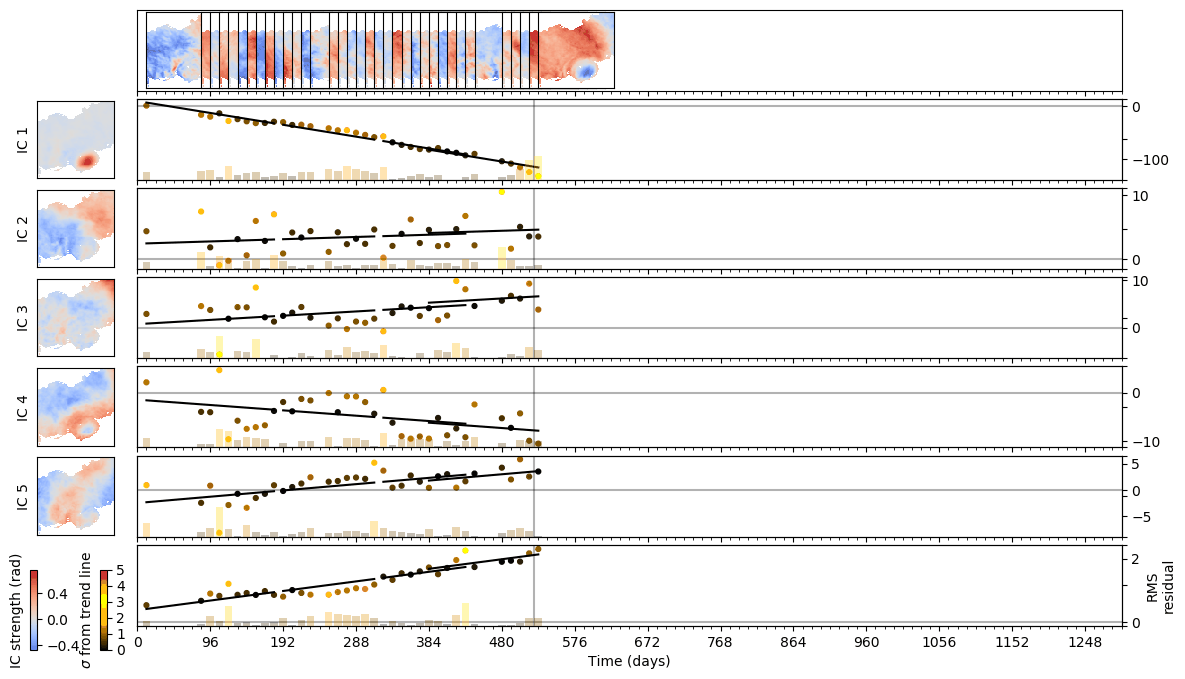Research project
Volcano Monitoring using Deep Learning
- Start date: 1 July 2020
- End date: 30 June 2022
- Funder: European Space Agency
- Value: €99,000
- Partners and collaborators: DEEPVOLC
- Primary investigator: earmgad
- Co-investigators: Professor Andy Hooper

The Earth’s subaerial volcanoes pose a variety of threats to humanity, yet the vast majority remain unmonitored. However, with the advent of the latest synthetic aperture radar (SAR) satellites, interferometric SAR (InSAR) has evolved into a tool that can be used to monitor the majority of these volcanoes. Whilst challenges such as the automatic and timely creation of interferograms have been addressed, further developments are required to construct a comprehensive monitoring algorithm, that is able to automate the interpretation of these data. In the years following the launch of the Sentinel-1 satellites, prototype detection algorithms have been developed to explore a variety of approaches to achieve near real-time global monitoring. These have indicated the value of using both a time series of data, and using deep learning methods. However, at present, although deep learning approaches have capitalised on the recent advances made in computer vision they have been limited by considering individual interferograms as black and white images, and have therefore not been applicable to time series of SAR data. My fellowship will seek to advance these existing automatic detection algorithms, through building new deep learning models that are designed for use with time series of SAR data. Deep learning has also been used in fields in which models with diverse inputs are required. Currently, prototype detection algorithms use only phase information from interferograms, but through building multi-input models that are able to utilise complementary information such as digital elevation models, or coherence data, I aim to build a detection algorithm that is able to emulate the manner in which human experts may study a variety of data to ascertain if a volcano has entered a period of unrest. Through combining models that are trained on time series of data with models that utilise a variety of data as inputs, I expect that my fellowship would advance the state of the art of satellite based volcano monitoring.

